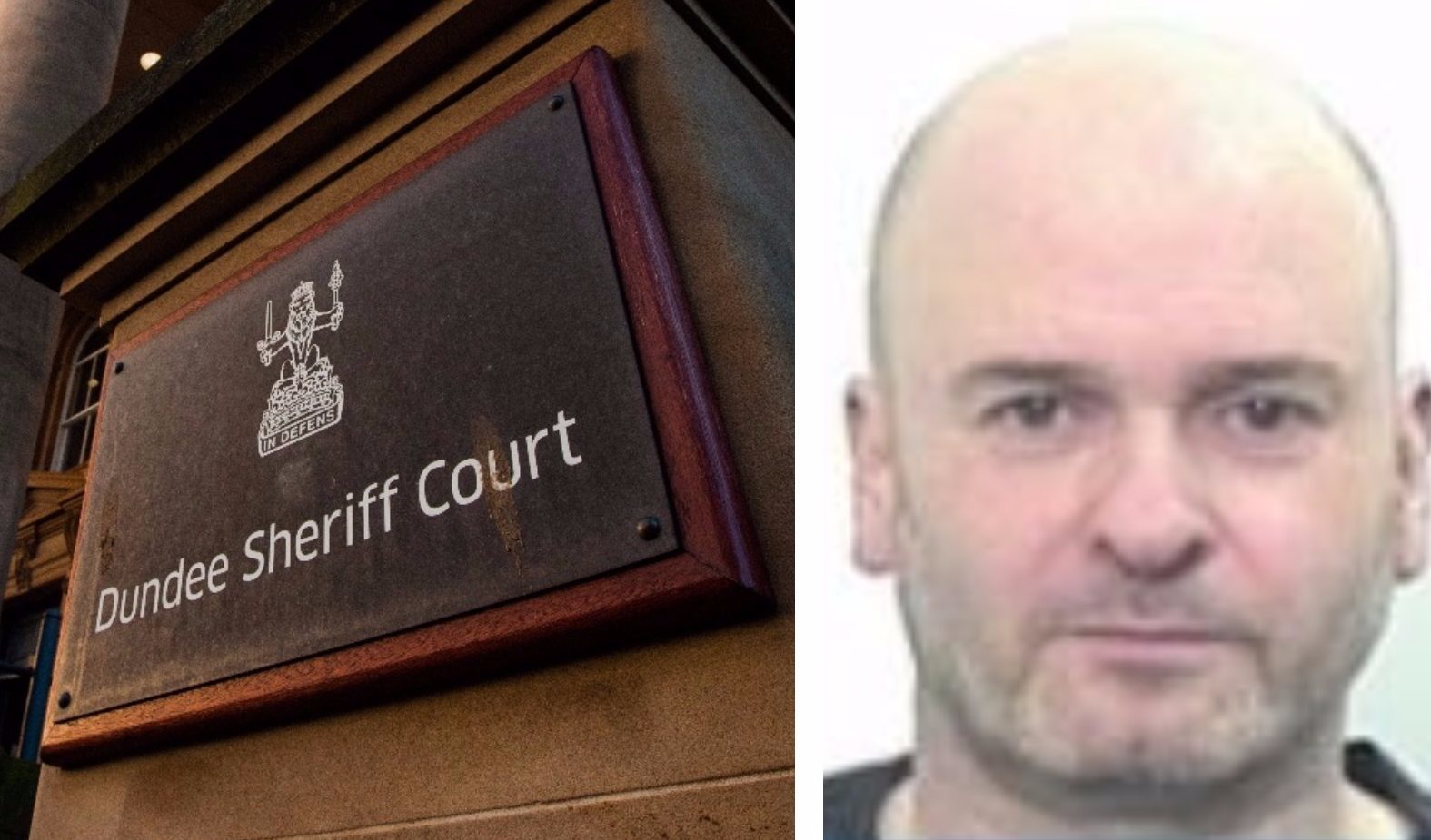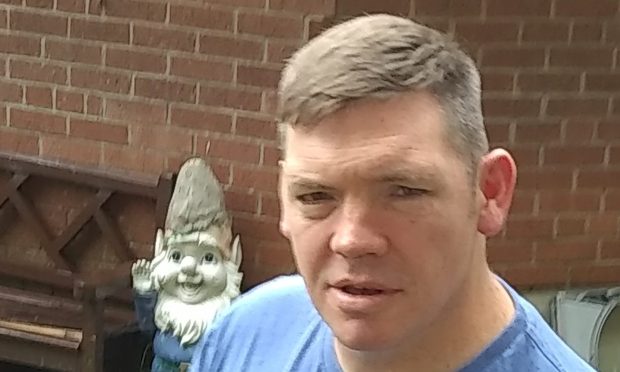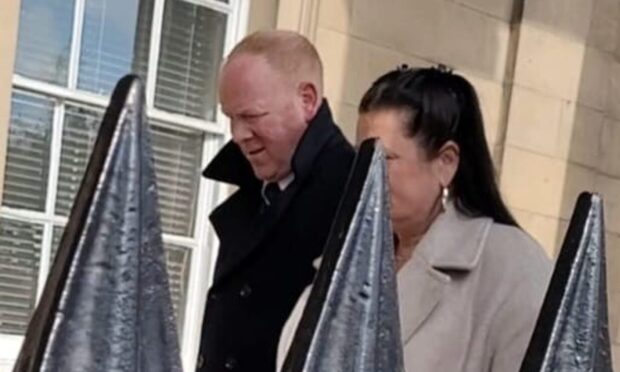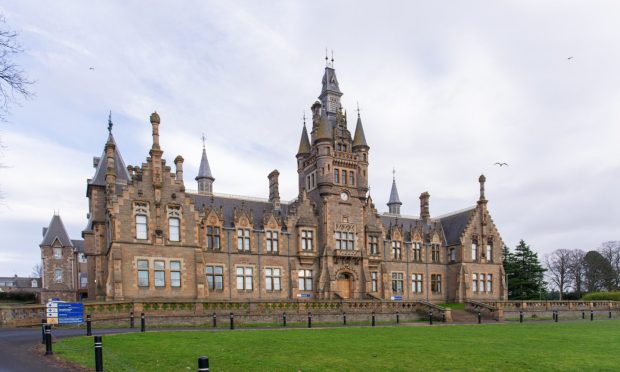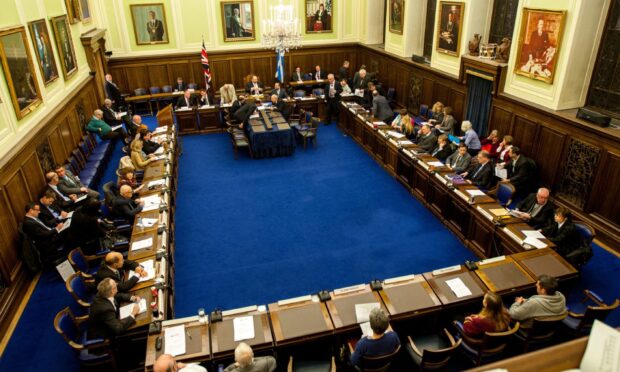The gambling industry paid an undisclosed sum of money to Dundee City Council in the wake of addict employee Mark Conway’s million-pound fraud.
Council CEO David Martin revealed the source of an “ex gratia” payment handed to the local authority as part of efforts to recoup the £1,065,000 stolen by crooked Conway over an eight year period.
An “ex gratia” payment is one made from a sense of moral obligation rather than because of any legal requirement.
Mr Martin said the money was given to Dundee City Council because the gambling industry did not want to be seen to be benefiting from the proceeds of crime.
The council’s scrutiny committee met on Wednesday afternoon to discuss the fraud, which was uncovered in May 2016.
Conway used a “sophisticated” method which involved making false payments to suppliers and diverting the money to his own personal account as it was being paid out of the council’s.
He was jailed for five years and four months at the High Court in Glasgow in August after he admitted embezzlement.
Councillor Richard McCready tabled a motion calling on the city council to write to HM Treasury and Conway’s banks and building societies to ask why money laundering systems had not pinpointed him as a “red flag” risk.
Conway is known to have used a Nationwide building society account for at least part of his fraud.
The motion also called for Mr Martin to write to the gambling commission and the Department of Digital, Culture, Media and Sport (DCMS), making clear online gambling companies were “complicit” in the fraud and asking what actions they intended to take to rectify the issue.
Mr McCready said: “An employee was somehow able to put irregular payments at irregular intervals into his private accounts and there is an issue there that money laundering legislation should have kicked in.
“We need to also ask HM Treasury what actions they plan to take.
“The gambling industry has made an ‘ex gratia’ payment, not in admission of guilt but because they don’t wish to be seen profiting from the proceeds of crime.
“This should have been flagged up by the bank and building societies (as to) why these payments were being made.
“They should know council employees don’t get paid varied amounts at varied times and I think these banks should be asked why.”
Mr Martin said: “This was a significant matter for the council and a major matter of public interest.
“I would like to thank elected members for being very supportive in giving the time for this report to come before the committee and I appreciate it has taken a while to get here.
“I am more than happy to contact the financial institutions concerned.”
The executive director of cooperate services, Gregory Colgan, reassured the committee Dundee City Council had implemented a raft of changes recommended by PriceWaterhouseCoopers (PwC), who were drafted in to conduct an audit to prevent a fraud of this scale from happening again.
Magnus Aitken, of PwC, spoke before the committee about the incident.
He said: “There is always the possibility someone may seek to circumvent (fraud prevention measures).
“Systems have to be protective and robust but at the same time usable. Fraud will always be with us.”
Dundee City Council was able to recoup almost all of the money lost through Conway’s theft, apart from a £10,000 insurance excess payment and £7,943 in fees for PwC.
